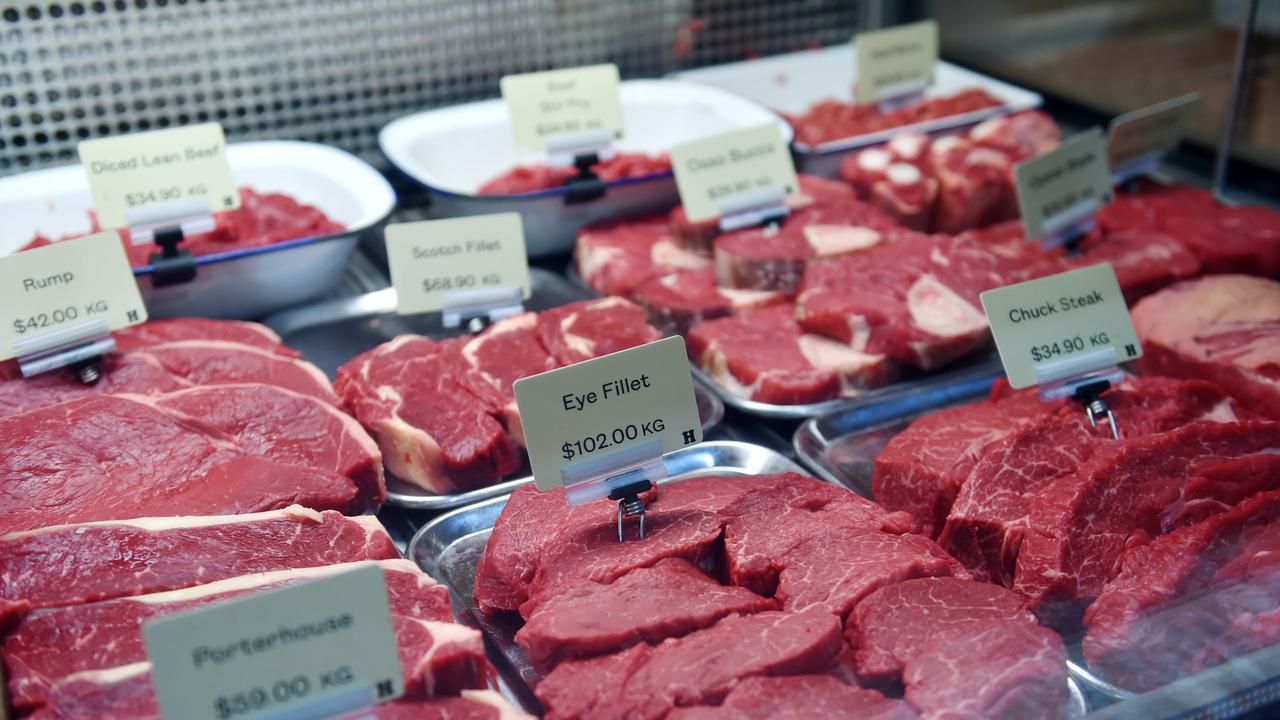China tells Australia to butt out of South China Sea dispute
“UNGRATEFUL” and “immature” Australia is nothing but a “distant propaganda outpost” that should butt out, says the angry Chinese media.
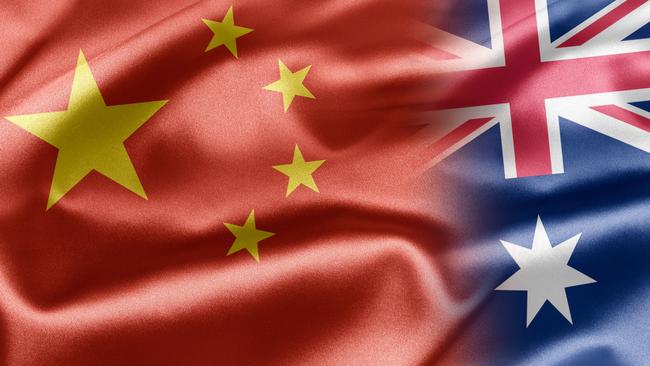
CHINESE media called “immature” Australia a “distant propaganda outpost” after the superpower reacted angrily to yesterday’s foreign policy white paper.
The Asian nation’s pollies urged Australia to stop making “irresponsible remarks” about its actions in the South China Sea.
The Turnbull Government released the first detailed document on Australia’s place in the world in 14 years yesterday.
An editorial in the Communist Party-owned tabloid, Global Times said China’s economic influence in Australia should have eased people’s concerns, according to ABC reports.
It said China “could relegate ties with Australia to the back of the line, and ignore its immature outburst”.
The white paper noted China’s remarkable economic growth and asserted that it had challenged the US’s position as the dominant power in the Indo-Pacific.
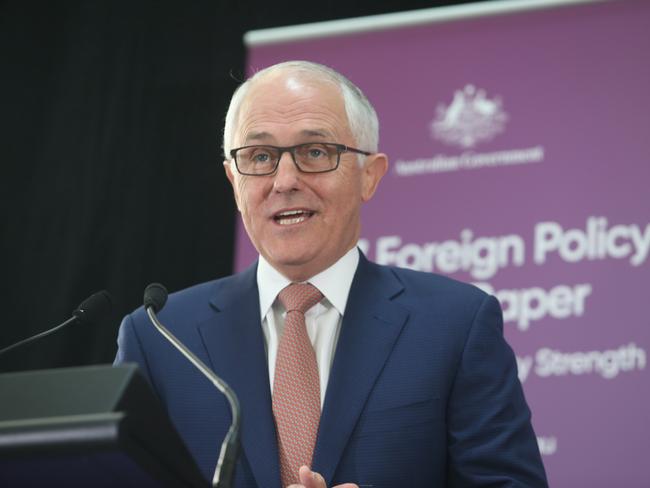
It also remarked on how China had caused “tension” in the South China Sea.
“Australia is particularly concerned by the unprecedented pace and scale of China’s activities,” the white paper states.
“Australia opposes the use of disputed features and artificial structures in the South China Sea for military purposes. We support the resolution of differences through negotiation based on international law.”
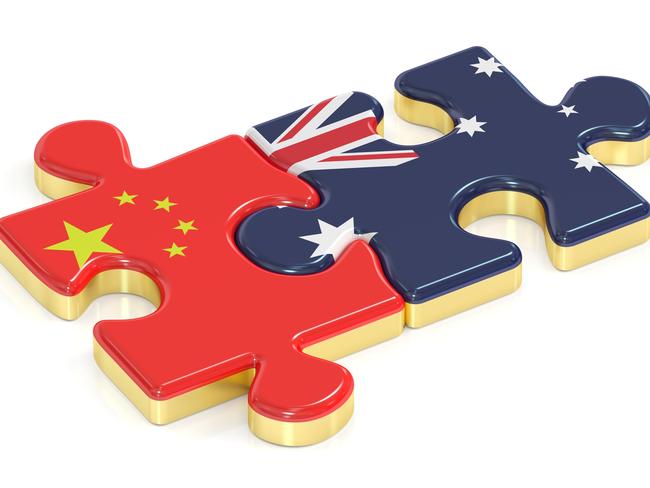
Chinese foreign ministry spokesman Lu Kang suggested that Australia butt out of the issue.
“Australia is not a party directly concerned in the South China Sea issue, and it has made clear many times that it does not take sides,” he said in Beijing on Thursday.
“We hope the Australian side will honour its commitment and stop making irresponsible remarks.”
He said the white paper offered “an objective look” at the relationship between China and Australia but also included “some negative” statements.
However, Foreign Minister Julie Bishop has brushed off the criticism this morning.
“They are very upbeat and positive about the relationship,” Ms Bishop told ABC radio.
“The white paper is principled, it is pragmatic and it sets out very clearly our interests, our values and our priorities, and I think other nations will respect that.”
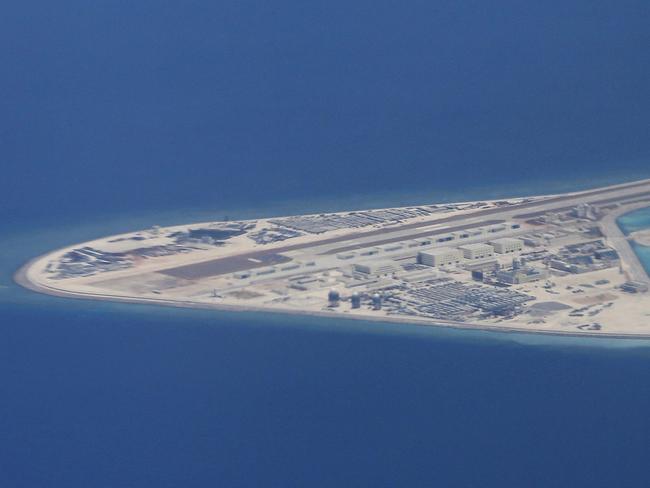
China claims virtually the entire South China Sea, pitting it against Taiwan and four Southeast Asian nations with overlapping claims in the waterway, which straddles busy international sea lanes and potentially has vast undersea deposits of oil and gas.
The US and others have accused Beijing of further militarising the region and altering geography to bolster its claims.
China says the seven islands it constructed on reefs and outcrops in the Spratly chain, which are equipped with airstrips and military installations, are mainly for civilian purposes and to boost safety for fishing and maritime trade.
China is Australia’s largest trading partner.
— with AP



